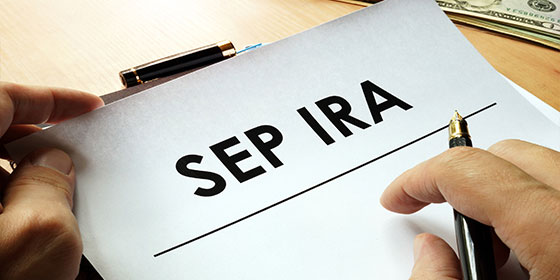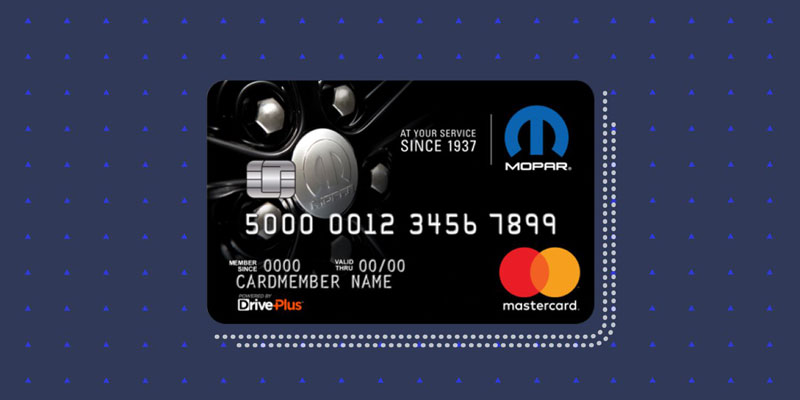Navigating Early Credit Card Access: Benefits and Cautionary Tips
Nov 22, 2023 By Triston Martin
In an age where digital transactions are becoming increasingly prevalent, many potential cardholders often wonder if they can start using their credit card before it physically arrives in the mail. This is a valid question, especially considering how instant gratification has become a staple of our modern lifestyle. This article aims to shed light on this query, discussing under what circumstances you could use your card before it arrives and whether it's advisable to do so.
Understanding How Credit Cards Work?
Credit cards operate on the principle of a revolving credit system. As a cardholder, you are assigned a specific limit up to which you can borrow to make purchases or cash withdrawals. This limit is set by the credit card issuer based on several factors, including your credit history, income, and ability to repay. Every month, you are required to pay back a minimum amount of your balance, with the remaining balance carried over to the next month.
The credit card issuer charges interest on the balance that you carry over. It's important to note that timely payment of the full balance due each month can help you avoid paying interest and maintain a good credit score. In essence, a credit card is essentially a short-term loan that needs to be repaid within a stipulated period to avoid interest charges.
Can You Use Your Credit Card Before It Arrives?
 The simple answer to this question is yes, you can start using your credit card before it arrives in the mail. Most credit card issuers provide a virtual credit card number that you can use for online transactions while waiting for the physical card. However, this option is typically only available after your application has been approved. In some cases, the virtual card number may only be available for a limited time until your physical card arrives.
The simple answer to this question is yes, you can start using your credit card before it arrives in the mail. Most credit card issuers provide a virtual credit card number that you can use for online transactions while waiting for the physical card. However, this option is typically only available after your application has been approved. In some cases, the virtual card number may only be available for a limited time until your physical card arrives.
Benefits of Using Your Credit Card Before It Arrives
One of the primary advantages of being able to use your credit card before it physically arrives is the convenience it offers, especially for those who need to make immediate transactions. Below are some key benefits of this feature.
Immediate Access to Credit
With the approval of your credit card application, you gain instant access to credit. This can be particularly beneficial if you need to make a necessary purchase or pay a bill immediately, but you're waiting for your physical card to arrive. It can offer you peace of mind, knowing that you have an immediate line of credit to rely on.
Faster Accumulation of Rewards Points
Most credit cards come with a rewards program, where each dollar spent earns you points that you can redeem for rewards such as travel, merchandise, or cash back. By using your card before it physically arrives, you can start earning these rewards points sooner.
Improved Cash Flow Management
With immediate access to credit, you can better manage your cash flow. For instance, if you have an invoice due but won't receive the funds to cover it until after the due date, you can use your credit card to pay the invoice on time, avoiding late payment penalties and preserving your credit rating.
Convenience of Online Shopping
Having the ability to use your credit card before it arrives allows you to take advantage of online shopping immediately. This is particularly beneficial in today's digital age, where many purchases, particularly those of high-value goods and services, are made online. It allows you to complete transactions quickly and conveniently without having to wait for the physical card.
Emergency Backup
In the case of an emergency, having immediate access to a line of credit can be a lifesaver. Whether it's an unexpected medical expense, a car repair, or an urgent home renovation, using your credit card before it arrives can provide the necessary funds when you need them most.
Risks and Precautions
While being able to use your credit card before it arrives offers convenience and flexibility, there are also risks involved. Some potential dangers include:
Fraud and Security Risks
By using your virtual credit card number or providing your credit card information for online transactions, you may be exposing yourself to fraud and security risks. It's essential to ensure that the websites you're transacting on are secure and reputable, and to monitor your account for any unauthorized charges.
Potential Overspending
With the ease of using your credit card remotely, you may be tempted to overspend without the physical reminder of how much you've used. This can lead to a higher balance than expected once your physical card arrives, potentially making it more challenging to pay off.
Recommended Best Practices for New Credit Cards:
To ensure a smooth transition when receiving and using your new credit card, consider the following best practices:
- Verify Your Card's Arrival Date: Contact your credit card issuer to confirm the expected arrival date of your physical card.
- Activate Your Card: Once you receive your physical card, make sure to activate it immediately.
- Sign Up for Online Banking: Enroll in your credit card issuer's online banking services to monitor and manage your account.
- Change Your PIN: If your card comes with a PIN, change it as soon as you receive it for added security.
- Read the Terms and Conditions: Familiarize yourself with the terms and conditions of your credit card, including interest rates, fees, and rewards program details.
- Set Up Auto-Pay: Consider setting up automatic payments for at least the minimum balance each month to avoid late fees and maintain a good credit score.
- Monitor Your Usage: Keep track of your spending and ensure that you're staying within your budget each month.
- Avoid Overspending: Use your credit card responsibly and avoid overspending beyond what you can afford to pay back.
- Keep Your Information Secure: Protect your credit card information and only use it on secure and trusted websites.
- Pay On Time: Make timely payments each month to avoid interest charges and maintain a good credit score.
Conclusion:
Having access to your credit card before it physically arrives offers both convenience and instant access to funds. It's a feature that can aid in immediate purchases, reward points accumulation, cash flow management, online shopping, and emergency backup. However, it's crucial to be vigilant about potential risks such as fraud and overspending. Adhering to best practices like activating your card immediately, enrolling in online banking, maintaining secure use, and making on-time payments can ensure a smooth and secure credit card experience.
-
 Know-how Nov 12, 2023
Know-how Nov 12, 2023A Guide About The Process for A Simplified Employee Pension (SEP) IRA?
Individual business owners, partnerships, and corporations can establish a SEP IRA as an employer-sponsored retirement plan for their employees. If you want to participate in a SEP, you need to have earned $650 from your employer. The maximum annual contribution to a SEP IRA is far more significant than a conventional IRA. Employers make SEP IRA contributions rather than employees, and both the decision to contribute and the amount donated can change yearly. Within the parameters established by the plan's trustee, employees are responsible for making investment decisions regarding their SEP IRAs.
-
 Taxes Feb 10, 2024
Taxes Feb 10, 2024Rules for Traditional and Roth IRA contributions
Consider your retirement savings goals and financial strategy when choosing between a Traditional and Roth IRA. Learn the rules, eligibility requirements, and contribution limits to make an informed decision.
-
 Banking Jan 17, 2024
Banking Jan 17, 2024U.S. Bank vs. Chase: Which Is Best for You?
These two huge national banks have a lot of similarities, yet there are also important distinctions between them. If you are debating between the two, the following information is crucial to your decision.
-
 Know-how Oct 31, 2023
Know-how Oct 31, 2023The Most Effective Catastrophic Health Insurance
catastrophic coverage may be a suitable option if you cannot afford normal health insurance rates. Catastrophic plans are available to those under the age of 30 or those who meet the government's requirements for a hardship exemption because of their cheap monthly premiums but high deductibles and out-of-pocket maximums.
